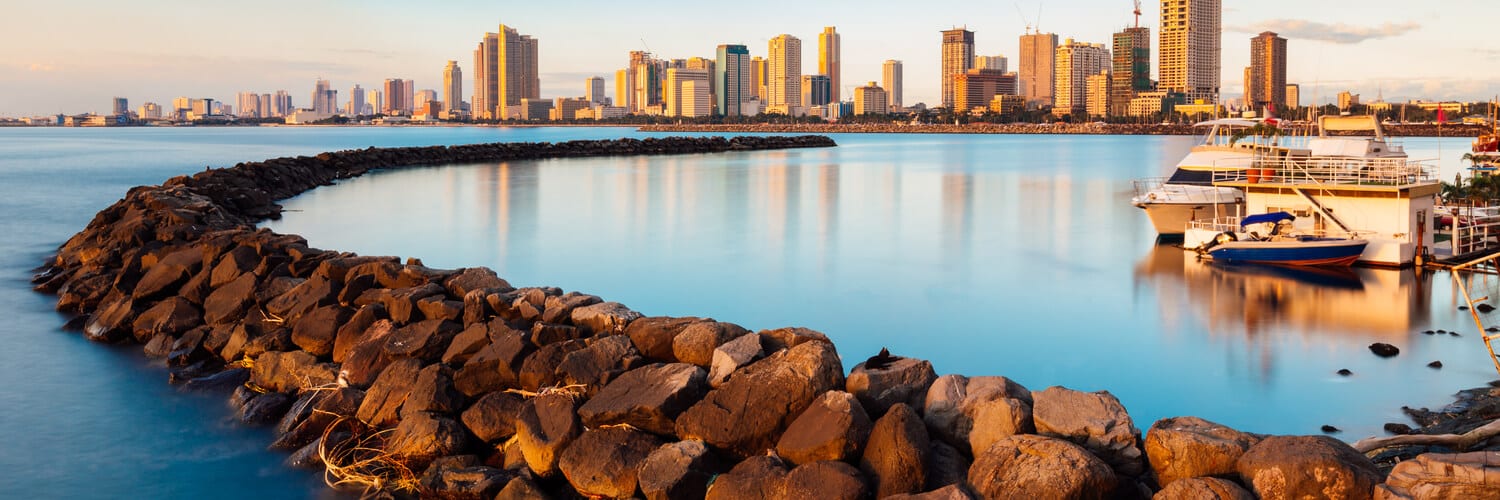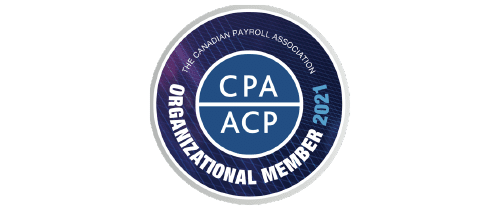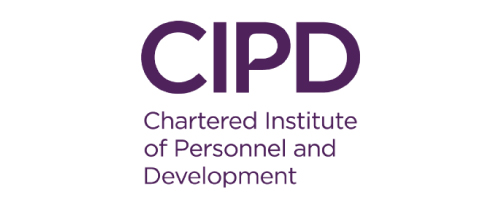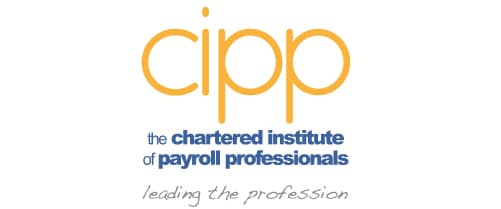
Payroll and HR in the Philippines
The International HR & Payroll Company
That Speaks Your Language
IRIS FMP will simplify Filipino payroll and HR. As a recognized global payroll and HR specialist, we have 88 in-country teams available to support your international employees and ensure they are paid one time, every time.
Understanding the intricacies of global payroll and HR in the Philippines is no small task, and compliance is always a top priority for businesses during a global expansion. It can quickly become demanding to stay on top of the differing laws, cultures and regulations. Fortunately, our expert team is here to help. We offer:
Looking for Payroll and HR Services?
Payroll in Phillipines
We take the pain out of global payroll by managing everything on your behalf – this includes everything from pay to benefits. Through our payroll support, your growing workforce will be paid accurately, on-time, every time.
HR in Philippines
Companies entrust our HR services in the Philippines to support their global employees, regarding legislation and compliance. Our HR support is here to help you thrive.
Filipino Employment Law Compliance
We will help you to seamlessly attract and onboard new talent overseas. As an in-country specialist, we can help with contracts, policies, handbooks and more.
Global Payments Services
We are able to provide compliant, global payment services for all kinds of businesses. We make your cross-border transfers cost-effective.
Jump to section
Location Data
- Name
Philippines
- Region
- Asia (South-Eastern Asia)
- Population
- 109581085
- Calling Code
- 63
- Capital
- Manila
- Timezone(s)
- UTC+08:00
- Timezone in Capital
- (asia/manila) 3:23 PM
- Currency
- Philippine peso (PHP)
- Main Language
- English(English)
- Other Business Languages
- Filipino
- Tax Year Start
- 1st January
- Tax Year Start
- 31st December
Details correct at time of publication. You should not rely on these details without first seeking professional international advice.
A trusted advisor for global expansion
We support businesses in 135 countries worldwide to reach their expansion goals.
Global Expansion in the Philippines
The strategic position of the Philippines can make it a perfect location in which to expand your business. The country has seen a consistent, substantial increase of over 6% GDP each year over the last six years, and projections say this upward trend is set to continue.
Any companies thinking about setting up in the Philippines must first get acquainted with Filipino employment law, which is both complex and unique.
Multiple permits must be acquired to do business in the first place, and employers need to be aware of employee’s rights such as the 13th month of pay, and fully-paid maternity leave.
Fortunately, our team at IRIS FMP have ample experience in international payroll and HR, and can assist your business with everything necessary to properly – and legally – expand to the Philippines.

Employer Must-Dos
In the Philippines the following must be submitted;
- Income Tax Return (BIR Form 1700)
- Social Security contribution reports (SS Form R-5 & R-3)
- Employee Social Security member report (PhilHealth Form ER2)
Payroll in the Philippines
What tax considerations are there?
The first thing to know is that companies need to obtain permits (locally referred to as barangay) from local officials before they can open for business in the area. They also need a permit from the Business Permits and Licensing Office, and a tax certificate from the City Treasurer’s Office. There must be co-ordination between the business and the Bureau of Internal Revenue.
Once these preparations have been carried out, employers need to be aware of the local law about corporate and personal tax.
Personal tax
Employees do not get taxed if their salary is below 250,001 PHP ($4812 USD). After this, the tax rate starts at 20%, and then increases with a cap of 35% on salaries of 8,000,000 ($154,000 USD) PHP and above.
In the Philippines individuals must file their taxes every year with the Philippine Bureau of Internal Revenue. This should be done on or before the 15th April, using BIR Form 1700. All residents, resident aliens, and non-resident aliens who carry out business in the Philippines and receive any kind of income from this, must all file their taxes.
Filipinos over the age of 15 contribute to the country’s Social Security System (SSS). This service covers things like maternity leave, sickness leave, and unemployment benefits. To claim a monthly pension, Filipinos must be over the age of 60 and they must have made a minimum of 120 monthly contributions.
Corporate tax
Businesses operating in the Philippines are all subject to tax. Domestic companies are subject to tax on their entire worldwide income, whereas foreign companies are only subject to tax on their income gained from Filipino sources.
The amount of corporate income tax (CIT) can vary. Usually CIT is 30% of a company’s net income. However, after four years of trading, it can change to 2% of a company’s gross income (known as MCIT, or minimum corporate income tax) if this amount is more than 30% of net income.

More Information on International Payroll
If you have more questions about international payroll, download our guide which covers a wide range of topics from laws about annual leave to worldwide pension schemes.
HR in the Philippines
What are the regular working hours in the Philippines?
In the Philippines most employees work a 40 hour week – eight hours a day from Monday to Friday. In some industries though, employees are expected to work 48 hours each week. If they work six days straight, employees must then have a 24 hour break.
Vacation, maternity and sickness
Employees in the Philippines are entitled to a minimum of 13 days of annual leave each year. After three years of work in a company, this should go up one day per year, up to 18 days. In addition to this, there are 17 days of paid national/public holidays. If an employee has to work on a national or public holiday, they are entitled to double pay.
Workers are also allowed up to 12 days of paid sick leave, with an additional day per year being given after two years at a company. This is capped at 15 days of paid sick leave.
Maternity leave is around 120 days (four months), during which women are paid their full salary through the country’s social security scheme. Fathers can also take up to seven days off with full pay.
Termination
Employers can terminate the employment of a member of staff as long as there is just cause – and this must be defendable in court. In most cases, the employer or employee must give one month’s notice to terminate their contract.
The 13th Month Policy
The Philippines has a 13th month pay policy in which after one year, all employees are entitled to an additional month’s worth of salary (i.e. 1/12th of their annual salary). If they haven’t worked an entire year, they should be paid the relative amount corresponding to the number of months they have worked. For instance, if they have worked for you for eight months, they should receive 1/8th of their total pay thus far.
IRIS FMP’s Filipino Payroll and HR Solutions
Any companies looking to expand to the Philippines will need to know more about HR and payroll in Makati, Manila, and Quezon City, and other vibrant business centres in the country. With more than 40 years of experience, the team here at IRIS FMP can assist with navigating the world of employment law in the Philippines. Our services include, but are not limited to;
- Employment contracts
- Processing salaries
- Maintenance of pension and benefits compliance
- Distributing payslips
- Multi-currency payroll
- Sickness records
- Local law consultation
- Payroll audits
- Consultation with HR department

Choose IRIS FMP to help you stay compliant with Payroll and HR in the Philippines
Avoid unnecessary stress when expanding your business to the Philippines by letting the experts talk you through local employment law. With the support of the IRIS FMP team, understanding HR and payroll requirements can be painless.





















